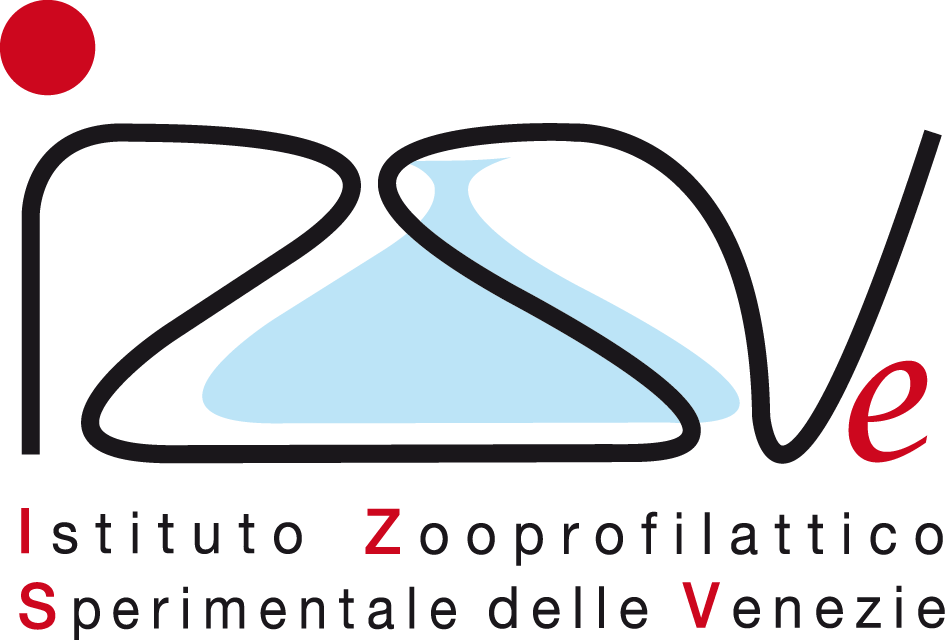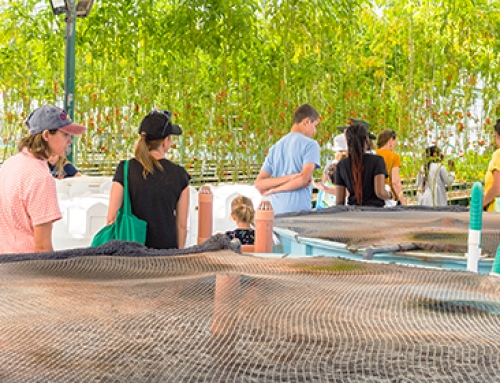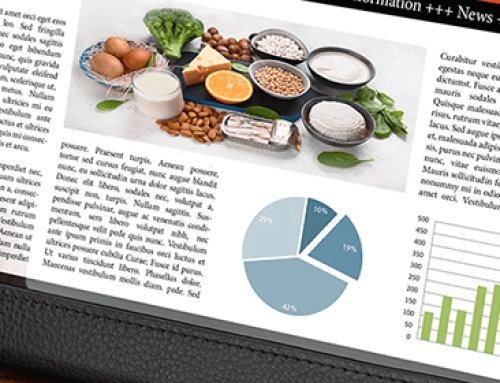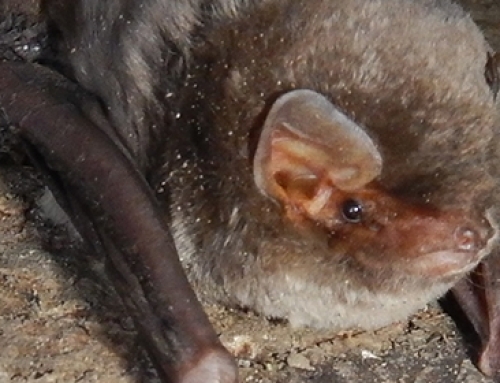Colony losses in Europe are strongly related to the prevalence of honeybee diseases in the different countries. This situation is likely to worsen with the spread of Aethina tumida (Small Hive Beetle – SHB), a new parasite affecting honeybee, found for the first time in the EU in 2014.
Considering that the estimated value of pollination service is between 13.5 and 21.5 billion dollars, the diffusion of SHB, together with other bee diseases (American foulbrood, European foulbrood and nosemosis) may play an important role in colony losses and to beekeeping economy. In addition, European beekeeping suffers significant regional differences in colony losses due to external impacts on beekeeping, including climate and prevalence of diseases.

BPRACTICES is a project funded by the Eurpean Union which aim at developing new management practices for the European beekeping production system to fight against honeybee diseases and colony losses.
The BPRACTICES project – New indicators and on-farm practices to improve honeybee health in the Aethina Tumida era in Europe – desires to address these concerns developing new management practices for the beekeeping production system.
The project
Launched at the beginning of February 2017, the BPRACTICES project intends to develop new management practices (good beekeeping practices – GBPs):
- adopting innovative biomolecular techniques to diagnose in advance honey bee diseases (e.g. biosensors from honey, PCR analyses from hive debris, powder sugar methods);
- setting up new methods to control honey bee diseases avoiding the application of chemical treatments guaranteeing quality and safety of hive products (e.g. beekeeping techniques, queen cages, traps).
These new methods will be validated:

The BPRACTICES project intends to develop a new sustainable production system that will be communicated to the consumers through an innovative traceability system based on QRCode/RFID technology, enabling them to know all details about the honeybee production.
- at the laboratory level, among different countries involved in the project and in collaboration with the EU reference laboratory for beekeeping hosted at ANSES (France)
- at the apiary level, in the daily beekeeping activities, involving beekeepers of different countries thank to the Apimondia collaboration.
These activities will be devoted to the development of a new sustainable production system that will be communicated to the consumers through an innovative traceability system based on QRCode/RFID technology, enabling them to know all details about the honeybee production.
Consumers will be aware of the positive environmental impact of beekeeping and the ecosystem services provided, thanks to a cutting-edge traceability system using the QR-code/RFID technology.
The BPRACTICES consortium is led by Istituto Zooprofilattico Sperimentale del Lazio e della Toscana (IZSLT), Italy, and brings together 7 partners from European and non-European countries. Consortium partners are research Institute, Universities and public health authorities.
The BPRACTICES project has received funding from the European Union’s Horizon 2020 research and innovation programme, ERA-Net SusAn – European Research Area on Sustainable Animal Production Systems.
The IZSVe role
The Istituto Zooprofilattico Sperimentale delle Venezie has been mandated with the task to promote and disseminate the project activities and results among key stakeholders (i.e. beekeepers, scientific community, citizens).
The IZSVe researchers will be also responsible for investigating consumers’ knowledge and perception of beekeeping practices and for evaluating the new traceability system by means of the most suitable social research techniques.
Visit the BPRACTICES website »






